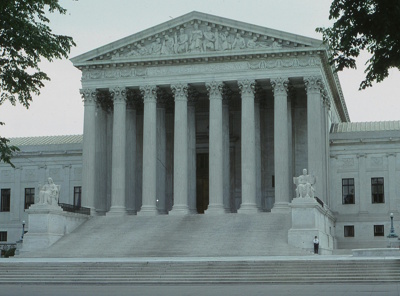
Did you know that belief in the Rapture is actually a minority view among Christians worldwide?
While belief in the Rapture is widespread among evangelical Christians, especially in the United States, it is not universally accepted across all Christian traditions.
Many Catholic, Orthodox, and mainline Protestant believers and churches do not hold to a Rapture theology, instead focusing on Christ’s second coming as a singular, visible event rather than a secret removal of believers.
Prominent New Testament scholar N.T. Wright sums it well in his 2001 essay, Farewell to the Rapture:
“The American obsession with the second coming of Jesus — especially with distorted interpretations of it — continues unabated. Seen from my side of the Atlantic, the phenomenal success of the Left Behind books appears puzzling, even bizarre. Few in the U.K. hold the belief on which the popular series of novels is based: that there will be a literal “rapture” in which believers will be snatched up to heaven, leaving empty cars crashing on freeways and kids coming home from school only to find that their parents have been taken to be with Jesus while they have been “left behind.” This pseudo-theological version of Home Alone has reportedly frightened many children into some kind of (distorted) faith.”
I agree. There is much about the modern picture of the Rapture that doesn’t make sense and doesn’t fit with a sound and comprehensive scriptural view.
The main ‘proof text’ for the version of the Rapture depicted in the fictional Left Behind novels is 1 Thessalonians 4:16-17 – “For the Lord himself will come down from heaven, with a loud command, with the voice of the archangel and with the trumpet call of God, and the dead in Christ will rise first. After that, we who are still alive and are left will be caught up together with them in the clouds to meet the Lord in the air. And so we will be with the Lord forever.”
One of the first questions that should be asked when reading any section of scripture is, “How would the the folks to whom it was originally addressed have understood it in their historical, cultural, and religious context?”
Again, N.T. Wright points out in his essay:
“Paul’s mixed metaphors of trumpets blowing and the living being snatched into heaven to meet the Lord are not to be understood as literal truth, as the Left Behind series suggests, but as a vivid and biblically allusive description of the great transformation of the present world of which he speaks elsewhere.“
So how should we understand 1 Thessalonians 4:16-17? What are some other possible interpretations of this passage?
Well be looking in detail at those questions as we continue with this ‘Rethinking The Rapture’ series, so stay tuned. In the meantime I highly recommend that you read Wrights short essay.
Rethinking The Rapture: Introduction





